Understanding Poland's Liquid Heritage
What is Polish vodka? It's far more than just another clear spirit - it's a legally protected national treasure with deep cultural roots and strict production standards that have been refined over centuries.
Quick Answer:
- Protected Status: Polish vodka has European Union Protected Geographical Indication (PGI) status
- Ingredients: Must be made from Polish-grown potatoes or five specific grains (rye, wheat, barley, oats, triticale)
- Production: All stages must occur entirely within Poland
- Character: Retains distinct flavors from base ingredients, not meant to be "flavorless"
- Strength: Minimum 37.5% ABV, typically 40%
- Cultural Role: Central to Polish celebrations, weddings, and social traditions
Poland isn't just a vodka-producing country - it's widely considered the homeland of vodka itself. The Polish word "wódka" literally means "little water," but don't let that fool you into thinking it's a neutral spirit. True Polish vodka carries the character of its ingredients and the terroir of its homeland.
Unlike mass-produced spirits that aim for complete neutrality, authentic Polish vodka accepts flavor complexity. Whether distilled from creamy potatoes or spicy rye grain, each bottle tells the story of Polish craftsmanship, tradition, and the pristine agricultural conditions that have made Poland the largest vodka producer in the European Union.
As Sylwester Skóra, founder of Two Flags Vodka and proud Polish immigrant, I've dedicated my life to preserving the authentic traditions that define what is Polish vodka while honoring both my heritage and the American dream. My deep understanding of Polish distilling methods and commitment to quality craftsmanship guides everything we create at Two Flags.
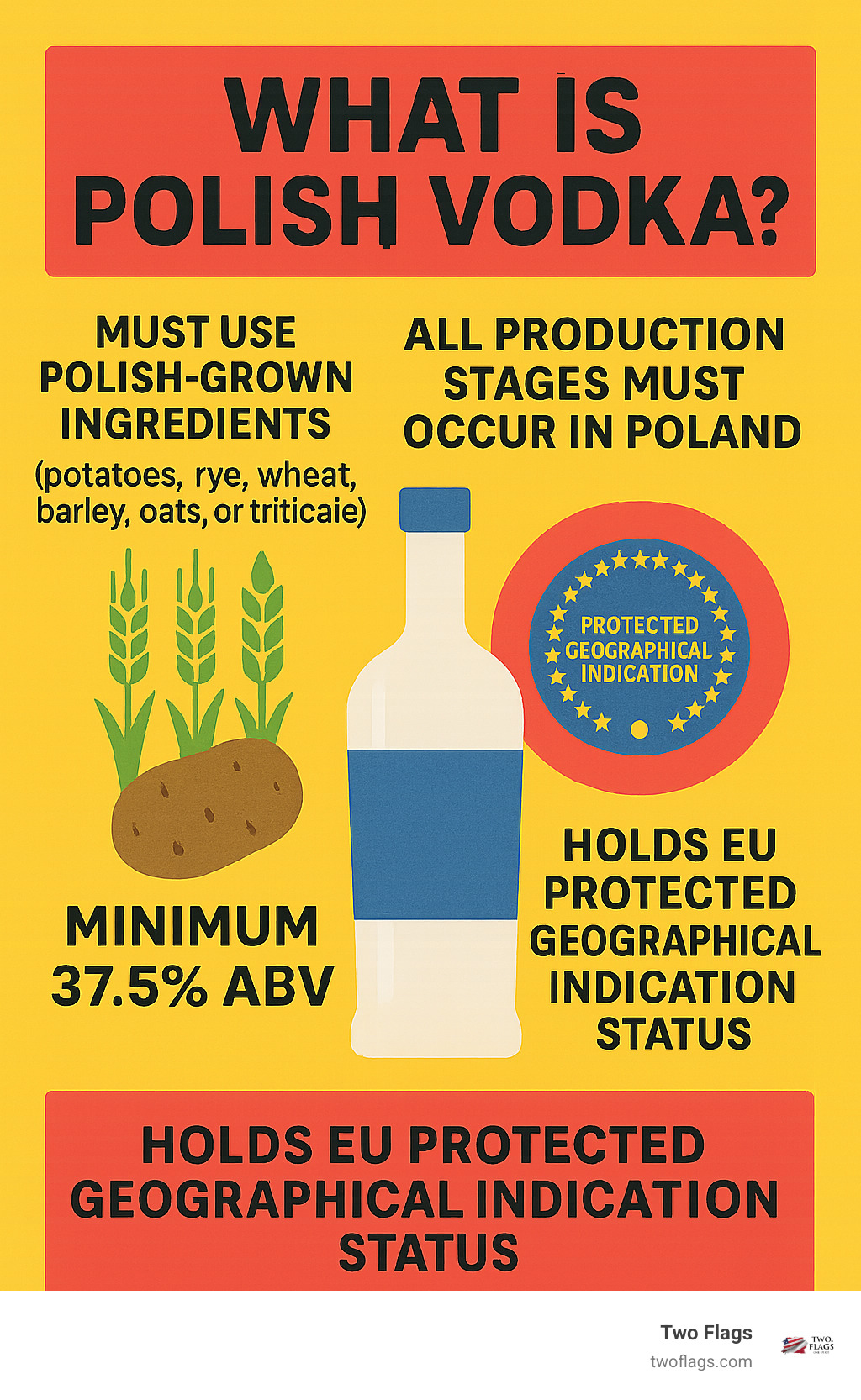
What is Polish vodka? vocab explained:
A History Forged in Poland: From Medieval Medicine to National Icon
What is Polish vodka? To truly understand it, we need to journey back through centuries of Polish history, where this remarkable spirit first took shape.
The story begins in medieval Poland, where the first written mention of vodka appears in 1405. But this wasn't the smooth, refined spirit we know today. Our ancestors called it "gorzałka" - literally meaning "burning water" - and trust me, that name wasn't chosen lightly!
Picture this: medieval Polish monks and apothecaries brewing this fiery liquid not for weekend celebrations, but as medicine. They genuinely believed gorzałka could cure everything from headaches to battle wounds. Your great-great-grandmother might have reached for a shot of this "burning water" the same way you'd grab aspirin today.
As distillation techniques improved over the centuries, something magical happened. This medicinal tonic began its change into a social beverage. By the 16th century, certain Polish vodkas were already being produced continuously, weaving themselves into the very fabric of Polish life.
What started as medieval medicine evolved into something much more profound - a symbol of national pride and cultural identity that would endure for generations.
The Cultural Significance of Vodka in Poland
In Poland, vodka isn't just another alcoholic beverage - it's a national treasure that beats at the heart of our cultural traditions. Walk into any Polish home during a celebration, and you'll understand exactly what I mean.
Polish weddings showcase vodka's cultural importance beautifully. There's a charming tradition where the bride and groom must choose between two glasses - one containing water, the other vodka. Legend says whoever picks the vodka becomes the "leader" of the marriage. It's a moment filled with laughter and anticipation that perfectly captures vodka's role in new beginnings.
The magic doesn't stop there. At every social gathering - from birthday parties to holiday celebrations - you'll hear the universal Polish toast: "Na zdrowie!" (pronounced "Na zdrov-yeh"). This simple phrase meaning "To your health!" creates an instant bond among everyone present, whether they're family, friends, or newly met acquaintances.

This deep cultural connection is exactly why we at Two Flags feel such passion for authentic Polish vodka. It's not just a product we make - it's a liquid legacy that connects us to our homeland and allows us to share a piece of Polish soul with every bottle.
When you raise a glass of genuine Polish vodka, you're participating in centuries of tradition, joining countless generations who understood that some spirits carry far more than alcohol - they carry the essence of a nation.
What is Polish Vodka? A Legally Protected National Treasure
When someone asks "What is Polish vodka?" they're really asking about something much bigger than just another spirit on the shelf. Polish vodka holds a special place in distilled spirits - it's legally protected, culturally significant, and represents centuries of Polish craftsmanship.
Just like French Champagne can only come from the Champagne region, or Scotch whisky must be made in Scotland, Polish vodka enjoys Protected Geographical Indication (PGI) status under European Union law. This isn't just a fancy label - it's a promise that what you're drinking is the real deal.
The legal framework protecting Polish vodka was established by the Polish Act of 18 October 2006, which clearly defined what can and cannot be called "Polska Wódka." These rules were made even stricter in 2013, ensuring that every bottle bearing the Polish vodka name meets the highest standards.
Poland takes vodka production seriously, and the numbers prove it. We're the largest vodka producer in the European Union and the fourth largest globally. In 2016 alone, Poland produced an incredible 98.2 million liters of vodka! While EU law requires a minimum of 37.5% ABV for vodka, most Polish vodkas are bottled at 40% ABV, delivering that classic strength and character we're known for.
The Legal Definition: What Qualifies as "Polish Vodka"?
The rules for Polish vodka are surprisingly strict, and for good reason. These regulations ensure that every bottle truly represents Polish heritage and quality.
The most important requirement is simple but crucial: all ingredients must be grown in Poland. This means the potatoes have to come from Polish soil, and the grains - whether it's rye, wheat, barley, oats, or triticale - must all be cultivated within our borders. The rich Polish soil and climate create unique flavors in these raw materials that you simply can't replicate elsewhere.
But it doesn't stop there. Every single production step must happen in Poland. From fermentation to distillation, from rectification to bottling - the entire journey happens on Polish soil. This "farm-to-bottle" approach ensures complete quality control and authentic Polish character in every drop.
This attention to detail and strict adherence to traditional methods is what sets Polish vodka apart. It's not just about where it's made - it's about preserving a centuries-old tradition of excellence.
For more technical details on how Polish vodka is made, you can check out this article by the Polish Vodka Museum.
The Spirit's Character: What is Polish Vodka's Flavor Profile?
Here's where Polish vodka really shines - and where it differs from many other vodkas you might know. Polish vodka isn't supposed to be flavorless. While some mass-produced spirits aim for complete neutrality, authentic Polish vodka celebrates the natural character of its ingredients.
The difference comes down to philosophy and technique. Many Eastern European vodkas, including Polish ones, are typically distilled to around 70% alcohol, while some other vodkas are distilled to 95% or higher. This might sound like less is worse, but it's actually the opposite. By not over-distilling, Polish vodka retains more of those flavorful compounds that give each spirit its unique personality.
This approach creates vodka that's not just smooth, but genuinely complex and interesting. You'll taste subtle notes that reflect whether it was made from creamy potatoes or spicy rye grain. The character varies, but it's always there - a gentle reminder of the ingredients and the land they came from.
Poland's abundant soft-water resources also play a crucial role. This naturally pure water contributes to the smoothness and clean finish that Polish vodka is famous for. When you combine quality water with traditional distillation methods and Polish-grown ingredients, you get a spirit that truly represents its homeland.
This commitment to preserving natural character rather than stripping it away is at the heart of what makes Polish vodka special - and it's exactly what we honor in every bottle of Two Flags One Spirit.
A Spectrum of Flavors: The Great Grain vs. Potato Debate
Here's where things get really interesting when we explore what is Polish vodka? - the age-old debate between grain and potato bases. This isn't just vodka nerd talk; it's a fundamental choice that completely transforms your drinking experience. Both styles are deeply rooted in Polish tradition, and honestly, both will challenge anyone who thinks vodka is supposed to be "tasteless."
Think of it like choosing between a creamy vanilla ice cream and a spicy ginger snap cookie - they're both delicious, but they offer completely different pleasures.
| Characteristic | Potato-based Polish Vodka | Grain-based Polish Vodka |
|---|---|---|
| Flavor | Milder, more neutral, subtle sweetness, earthy notes | Crisper, spicier, nutty, bread-like, notes of aniseed or pepper |
| Texture | Creamier, richer, denser, heavier mouthfeel | Lighter, crisper palate, often velvety |
| Common Notes | Vanilla, green apple, white pepper, fresh melon, pear, umami | Rye: nutty, spicy, intense, long finish. Wheat: delicate, smooth, hint of honey, butterscotch |
| Best For | Sipping neat, cocktails, mixers (due to mildness) | Sipping neat, traditional pairings, adding depth to cocktails |
The beauty of Polish vodka lies in this diversity. Whether you're drawn to the earthy richness of potato vodka or the bold character of grain varieties, you're experiencing centuries of Polish craftsmanship in every sip.
The Creamy, Earthy Notes of Potato Vodka
Potato vodka is like the gentle giant of the vodka world. When you take that first sip, you'll immediately notice its distinctly creamy texture - it's almost luxurious how it coats your palate. This isn't your typical "burn and forget" vodka experience.
The richer, denser mouthfeel comes naturally from the potato's starch content, creating what many describe as an almost velvety sensation. You'll often catch subtle sweet and earthy notes dancing on your tongue - hints of vanilla, maybe a whisper of green apple, or even a delicate fruitiness that surprises first-time tasters.
Here's a bonus that many people don't realize: potato vodkas are naturally gluten-free. For anyone dealing with gluten sensitivities, this opens up a whole world of authentic Polish vodka enjoyment without worry.
The Crisp, Spicy Character of Grain Vodkas
Grain vodkas are where Polish distillers really show off their skills. Each grain brings its own personality to the party, and the results are absolutely fascinating.
Rye vodka is often considered the most traditionally Polish and characterful option. It hits you with a spicy and robust flavor that's impossible to ignore. The nutty notes are prominent, and you'll experience a long finish that keeps evolving as you savor it. If you want intensity and a true expression of Polish grain craftsmanship, rye delivers every time.
Wheat vodka takes a completely different approach. It's smooth and delicate, offering a cleaner, crisper experience with subtle sweetness. Sometimes you'll catch hints of honey or butterscotch - flavors that make it incredibly versatile for both sipping neat and mixing in cocktails.
Both rye and wheat vodkas are highly prized in Poland, and for good reason. Their distinct and complex flavor contributions prove that authentic Polish vodka should never be bland or neutral. At Two Flags, we craft our vodka from 100% organic spelt grain, which gives us that naturally gluten-free advantage while delivering the complex, satisfying character that defines true Polish vodka.
The Polish Vodka Experience: Traditional Servings and Food Pairings
Understanding what is Polish vodka goes beyond just knowing its ingredients - it's about experiencing the centuries-old traditions that surround how we enjoy this remarkable spirit. In Poland, vodka isn't something you rush through or mask with mixers. It's a ritual of appreciation, a moment to pause and savor both the drink and the company around you.
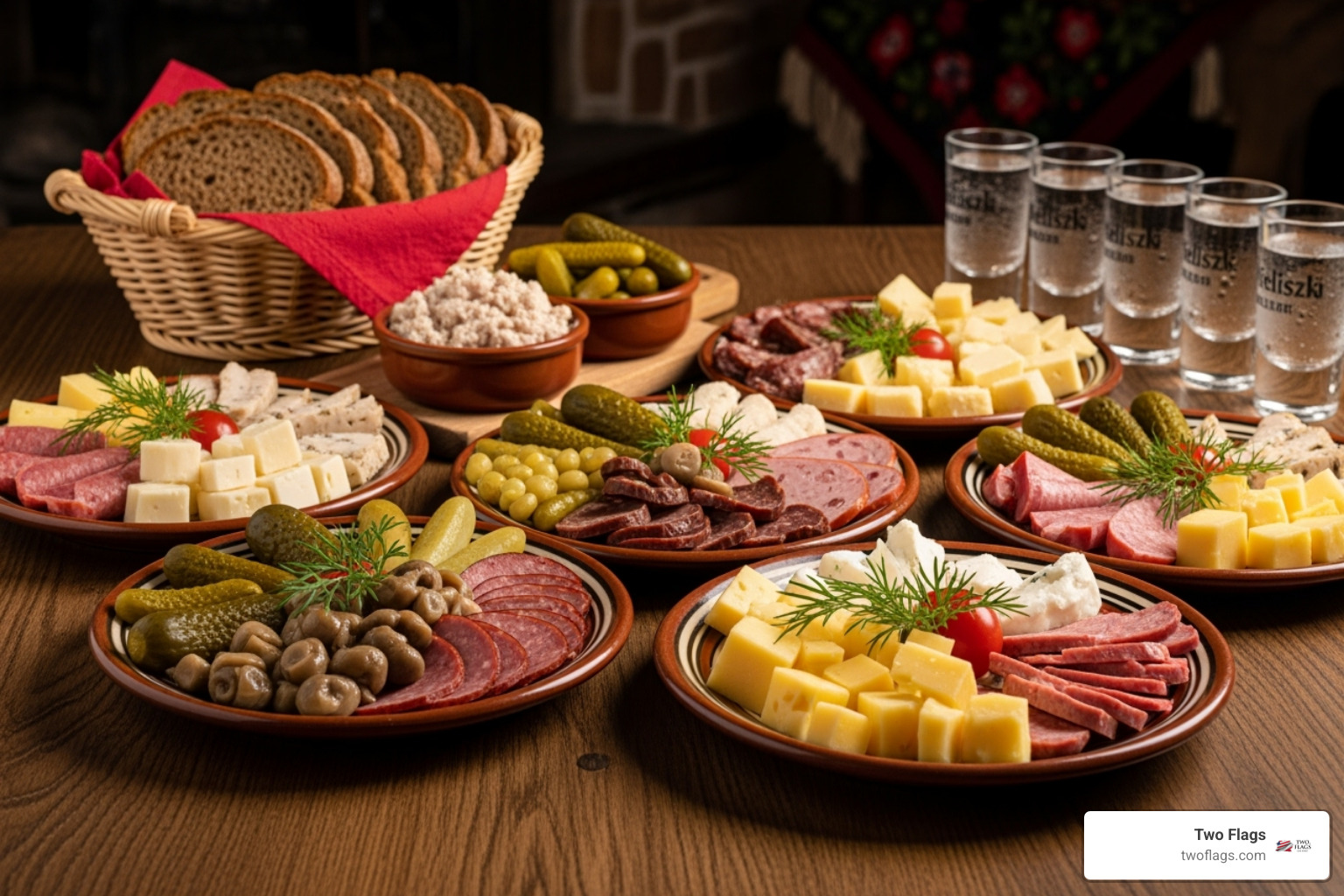
PhotoMIX Company (Photo:PhotoMIX Company)
The proper way to serve Polish vodka is neat and well-chilled. We keep our bottles in the freezer, which creates a beautiful, almost syrupy texture and smooths out any harsh edges. The cold temperature allows the spirit's true character to shine through without any burning sensation.
Polish vodka is traditionally poured into small shot glasses called "kieliszki" - but here's where many people get it wrong. These aren't meant for throwing back in one gulp! Instead, we take small, deliberate sips, letting the vodka warm slightly on our tongues. This allows us to appreciate the subtle flavors and complexity that make authentic Polish vodka so special.
The magic really happens when you pair vodka with "zagryzki" - traditional Polish accompaniments that cleanse the palate and improve the entire experience. Think of it as the Polish version of wine and cheese pairings, but with much more personality.
Smoked fish and meats are classic choices - perhaps some silky smoked salmon or hearty kiełbasa sausage. The rich, smoky flavors create a beautiful contrast with the clean, crisp vodka. Pickled cucumbers (ogórki kiszone) are practically mandatory at any Polish vodka gathering. Their tangy crunch cuts through the spirit's intensity and refreshes your palate for the next sip.
Don't overlook the power of good bread either. A slice of dense rye bread provides the perfect foundation, especially when topped with a bit of traditional Polish lard and cracklings. It might sound rustic, but trust me - it's absolutely delicious.
While we deeply respect these traditional ways, modern cocktail culture has also acceptd Polish vodka in creative ways. The most famous example is "Szarlotka" - our beloved apple pie cocktail. Made with bison grass vodka and apple juice, it tastes remarkably like warm apple pie, especially with a dash of cinnamon. It's proof that Polish vodka can be both traditional and innovative.
At Two Flags, we honor these time-tested traditions while creating a vodka that's perfect for both neat sipping and modern mixology. Whether you're following centuries-old Polish customs or crafting contemporary cocktails, the key is always the same: respect the spirit, savor the moment, and share it with good company.
Frequently Asked Questions about Polish Vodka
When it comes to understanding what is Polish vodka, many people have questions about this protected and beloved spirit. Let me answer the most common ones based on my experience as a Polish distiller and the strict regulations that govern our craft.
Is all vodka made in Poland considered "Polish Vodka"?
This is one of the biggest misconceptions I encounter. The answer is absolutely not. Just because a vodka is produced within Poland's borders doesn't automatically make it Polish vodka in the legal sense.
For a spirit to earn this protected designation, it must meet incredibly strict standards set by European Union law and Polish regulations. Every bottle must be distilled exclusively from Polish-grown ingredients - either potatoes or one of five specific grains: rye, wheat, barley, oats, or triticale. But it doesn't stop there.
Every single stage of production must happen entirely within Poland. I'm talking about fermentation, distillation, rectification, and even bottling. If a distillery in Poland imports grain from Germany or ships their spirit to another country for final processing, it cannot be called Polish vodka, no matter how good it tastes.
This is why the Protected Geographical Indication status is so important. It protects consumers and ensures that when you buy Polish vodka, you're getting the real deal - not just vodka that happens to be made in Poland.
Is Polish potato vodka gluten-free?
Yes, and this is fantastic news for people with gluten sensitivities or celiac disease. Vodkas distilled from potatoes are naturally gluten-free because potatoes simply don't contain gluten proteins.
This makes potato-based Polish vodka an excellent choice for a much wider range of people who want to enjoy authentic, high-quality spirits without worry. The creamy, smooth texture of potato vodka is a bonus - you're not sacrificing flavor or quality for dietary needs.
At Two Flags, while we craft our vodka from organic spelt grain, we ensure it's certified gluten-free through our careful distillation process. This means everyone can experience the authentic taste of Polish craftsmanship, regardless of their dietary restrictions.
What is the best way to drink Polish vodka for the first time?
If you're wondering what is Polish vodka supposed to taste like, the best way to find out is by trying it the traditional Polish way - chilled and neat.
Here's what I recommend for your first experience: Keep the bottle in your freezer for at least a few hours. The cold temperature improves the vodka's natural smoothness and allows its subtle flavors to shine through without any harsh edges. Pour it into a small shot glass - we call them "kieliszki" in Polish - that's been chilled as well.
Now comes the important part: don't slam it like you might see in movies. Take small, deliberate sips. Let the vodka warm slightly on your tongue. This is when you'll notice the difference between authentic Polish vodka and mass-produced spirits. You'll taste the character of the ingredients - whether it's the creamy earthiness of potatoes or the spicy complexity of rye.
To complete the authentic experience, pair your vodka with traditional Polish "zagryzka" - small bites like pickled cucumbers, a slice of kiełbasa, or even some rye bread. These aren't just snacks; they're designed to cleanse your palate and improve the vodka's flavors.
This traditional approach lets you experience exactly what Polish distillers intended - a spirit with character, complexity, and cultural significance that goes far beyond just alcohol content.
Conclusion: The Enduring Spirit of Poland
So, what is Polish vodka? It's far more than just another bottle on the shelf - it's a liquid testament to centuries of Polish craftsmanship, cultural pride, and unwavering dedication to quality. This isn't simply alcohol; it's a protected, high-quality spirit that carries the soul of Poland in every carefully crafted drop.
From the moment Polish-grown grains or potatoes are harvested from our rich soil to the final sip in your glass, authentic Polish vodka represents something truly special. It offers a taste of Polish terroir and tradition - a direct connection to our homeland's pristine agricultural conditions and time-honored distilling methods that have been passed down through generations.
This is why we invite you to savor, not slam this exceptional spirit. Polish vodka deserves your attention and respect. Take time to appreciate its subtle complexities, whether you're enjoying the creamy richness of a potato-based vodka or the crisp, spicy character of grain varieties. Each bottle tells a story of Polish heritage that's meant to be experienced, not rushed.
At Two Flags Vodka, we're deeply honored to carry forward these revered traditions. Our ultra-premium, organic, gluten-free vodka is authentically crafted in Poland, drawing on the same centuries-old expertise that has made Polish vodka famous worldwide. As a family-owned Polish-American brand, we understand the responsibility that comes with representing this proud legacy.
The recognition we've received - being rated "Exceptional" by the Beverage Testing Institute - isn't just an award. It's validation that when you honor tradition while maintaining uncompromising standards, you can create something truly remarkable. We're proud to offer luxury quality at an unbeatable value, making authentic Polish vodka accessible to everyone who appreciates genuine craftsmanship.
Whether you're new to Polish vodka or a longtime enthusiast, we encourage you to find the difference that genuine heritage and meticulous attention to detail can make. Every bottle of Two Flags represents our commitment to both the Polish traditions we cherish and the American dream that brought us here.
Find more about premium spirits in our guide to vodka brands



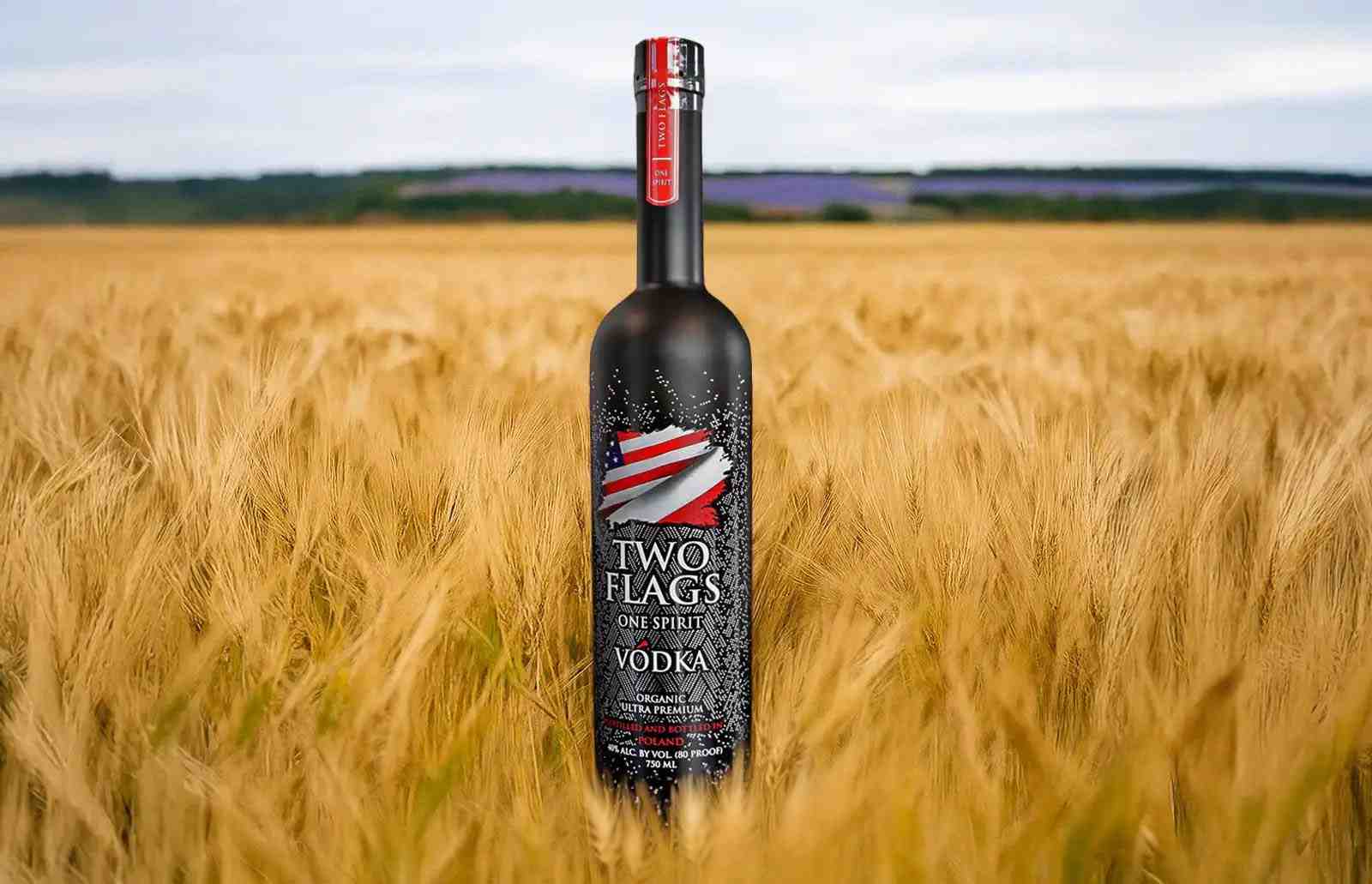


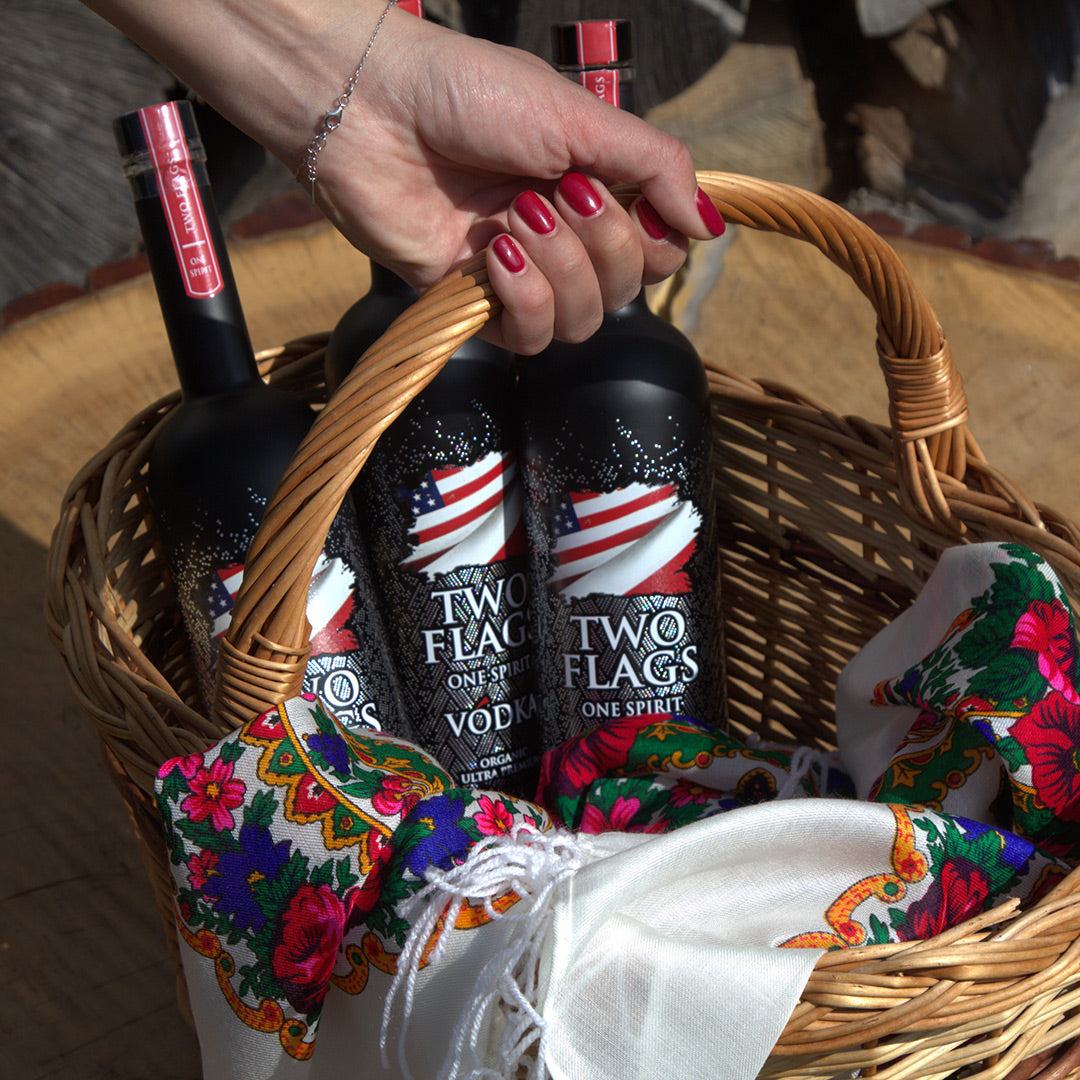
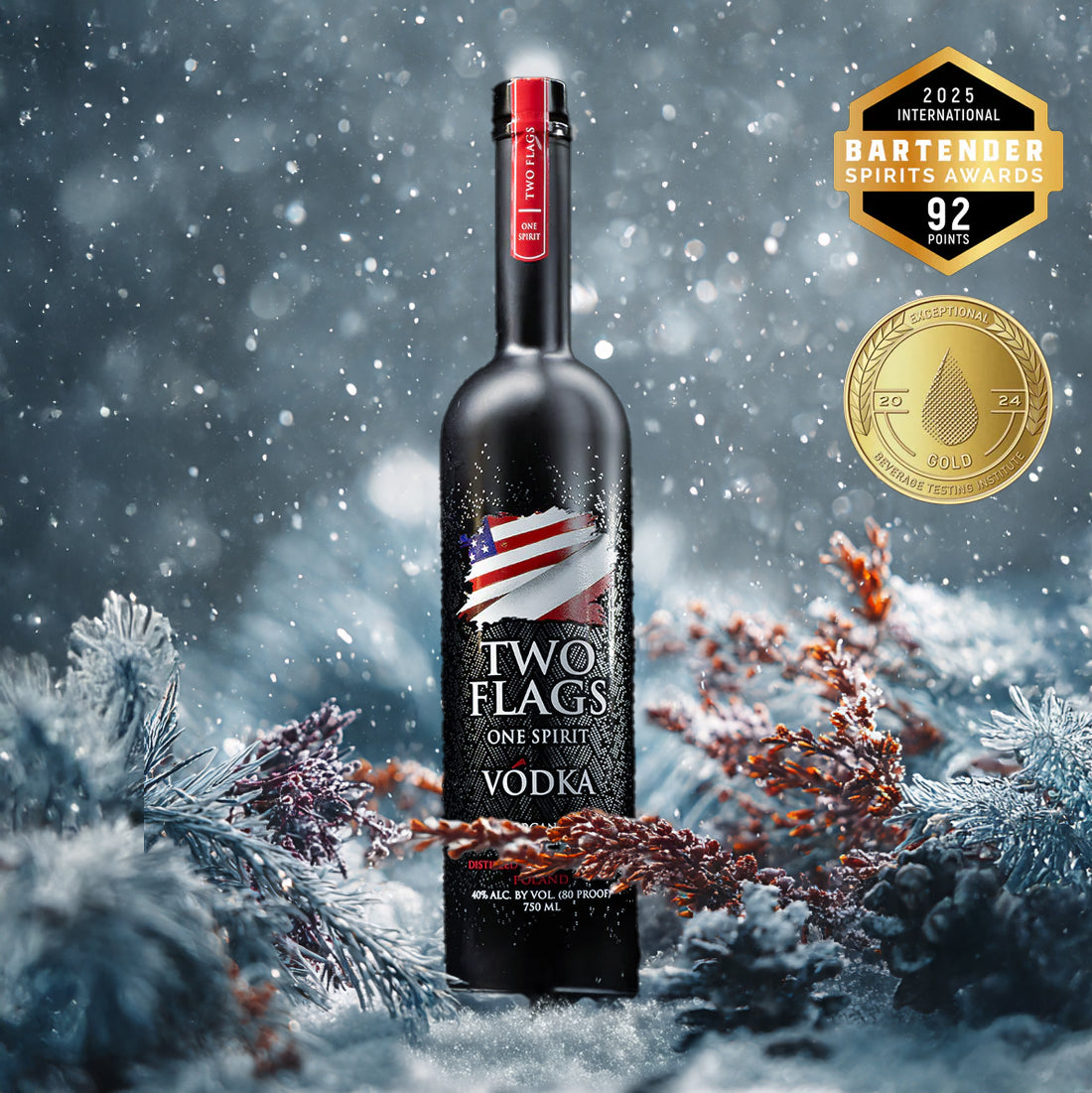
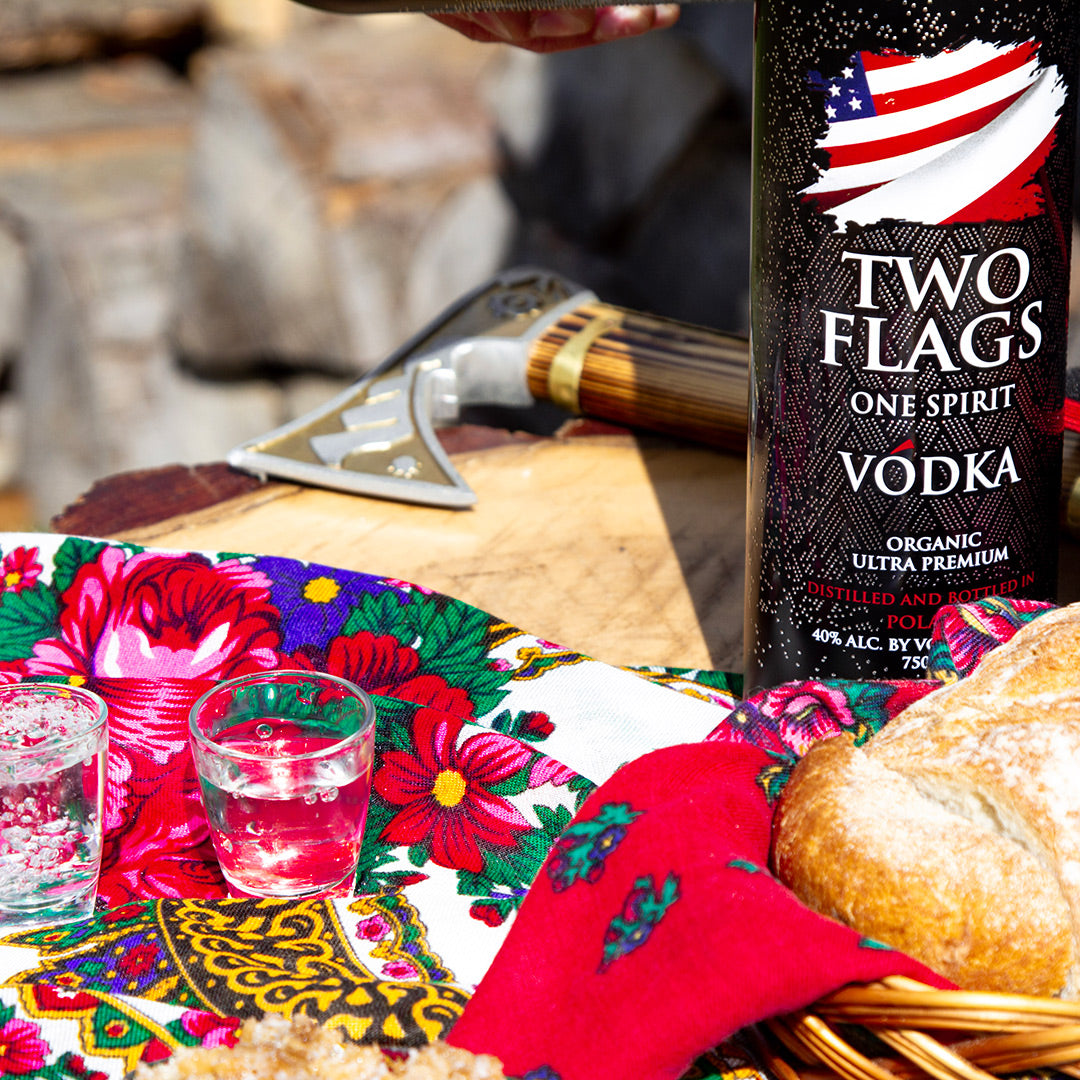
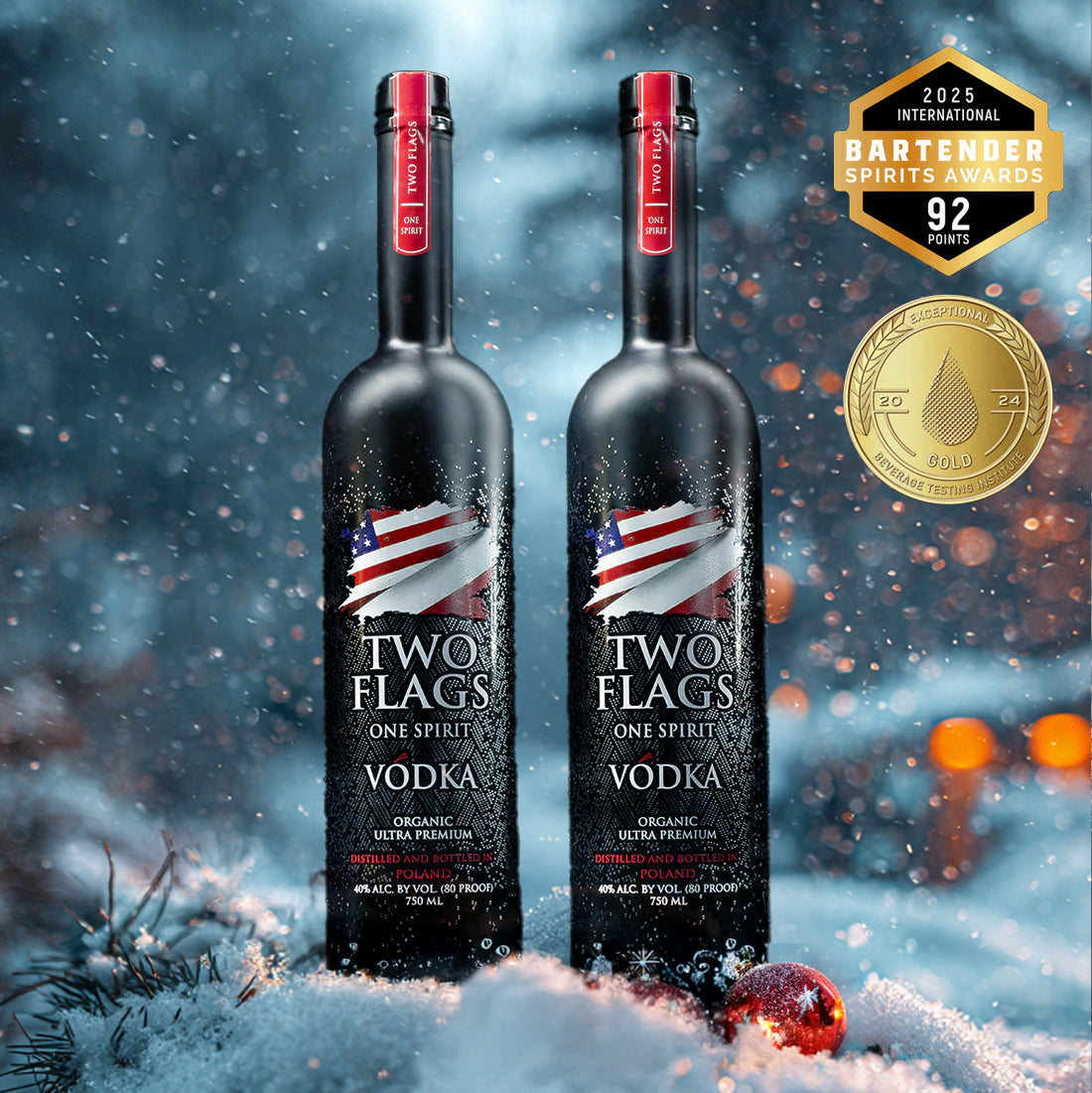
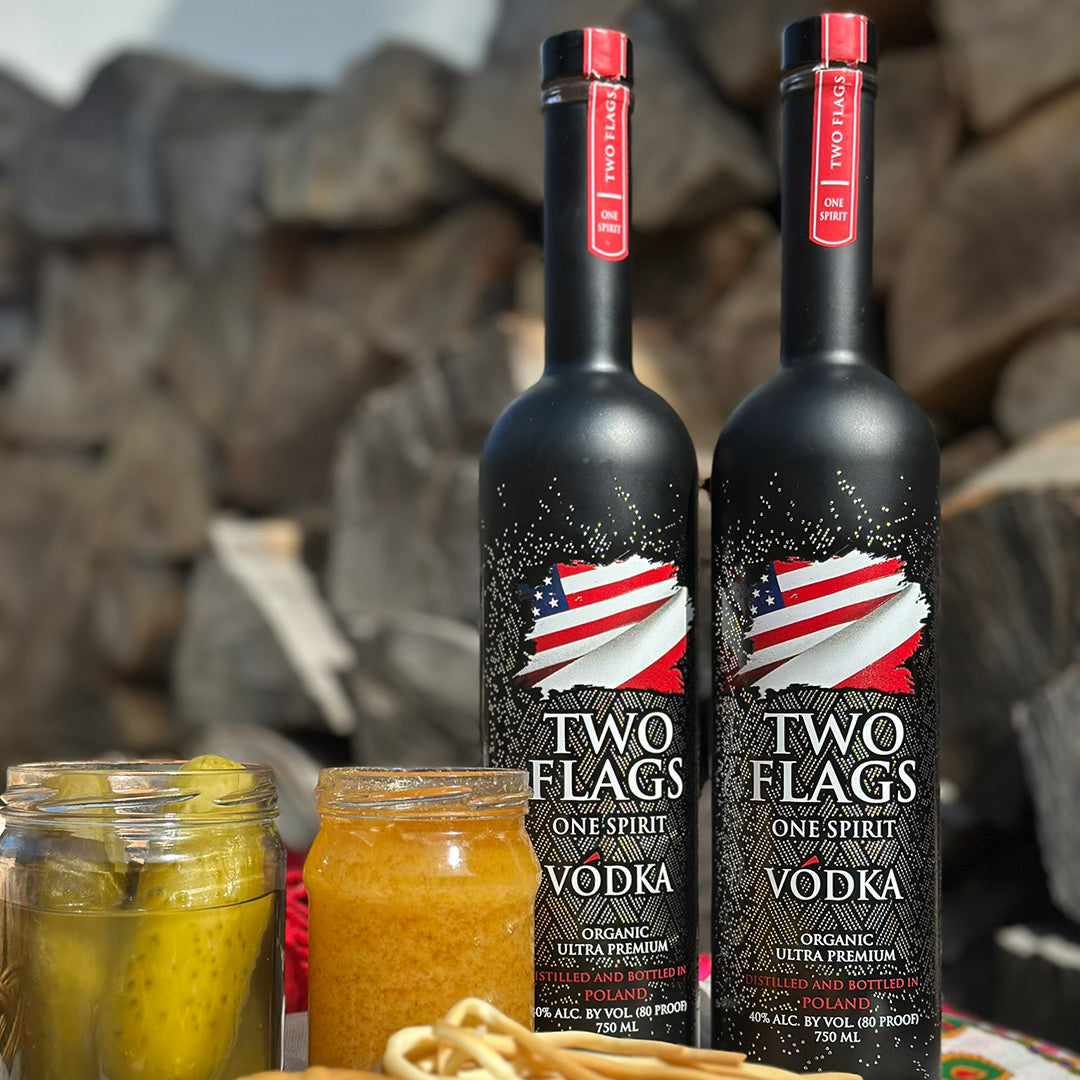
Leave a comment
This site is protected by hCaptcha and the hCaptcha Privacy Policy and Terms of Service apply.